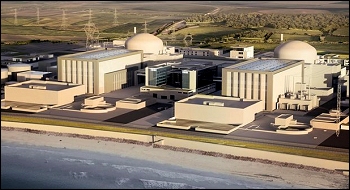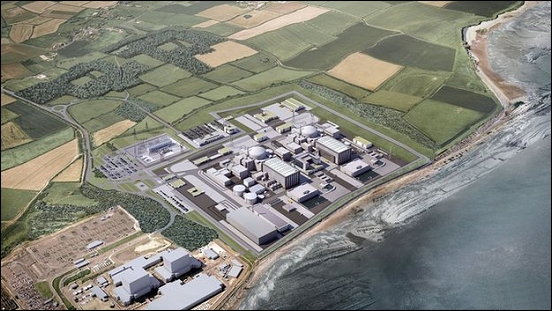European Union regulators are to investigate whether the government’s support for a plan to build a new nuclear power plant at Hinkley Point near Burnham-On-Sea breaks state aid rules.
French energy giant EDF is leading a consortium building the £16bn Hinkley Point C nuclear power plant.
The government has guaranteed power prices from the plant for 35 years and the the European Commission said on Wednesday that it wants the views of third parties because of the unprecedented scale of the Hinkley deal.
 EU Competition Commissioner Joaquin Almunia said in a statement: “The Commission needs to investigate thoroughly its impact on the UK and the EU internal energy markets.”
EU Competition Commissioner Joaquin Almunia said in a statement: “The Commission needs to investigate thoroughly its impact on the UK and the EU internal energy markets.”
The UK’s Energy Secretary, Ed Davey, responded by saying the announcement was “standard for large investment projects and was always part of the process for Hinkley.”
“We will use this period to demonstrate how the project meets state aid rules and provides good value for consumers while cutting carbon in the energy sector” he added.
As well as the debate about whether the UK should build any new nuclear plants at all, questions have been raised about the minimum price EDF will be paid for electricity produced at Hinkley Point.
It is scheduled to begin producing power in 2023, and the government has guaranteed a price of £92.50 per megawatt hour (Mwh), regardless of what the current market price is at the time.
Earlier this week Ineos, one of the UK’s biggest energy consumers, warned that the terms of the Hinkley deal made the power too expensive. Ineos said it had recently agreed a price of £37.94 (45 euros) per Mwh in France itself.
When running at full capacity the new Hinkley plant is expected to generate about 7% of the UK’s electricity.
EDF was joined recently by two Chinese companies, China General Nuclear Power Group and China National Nuclear Corporation, who plan to take a combined 30-40% stake in the consortium building Hinkley.







